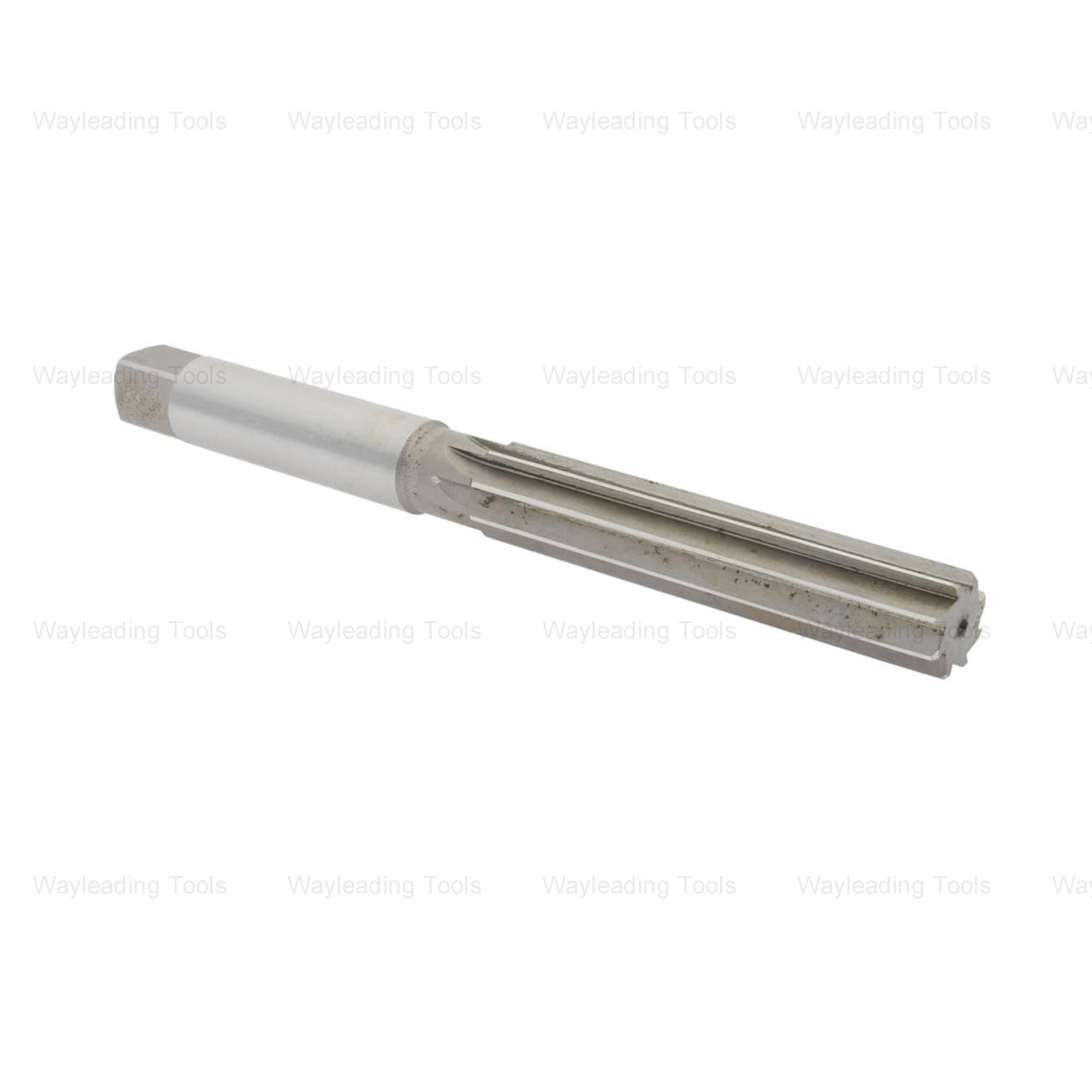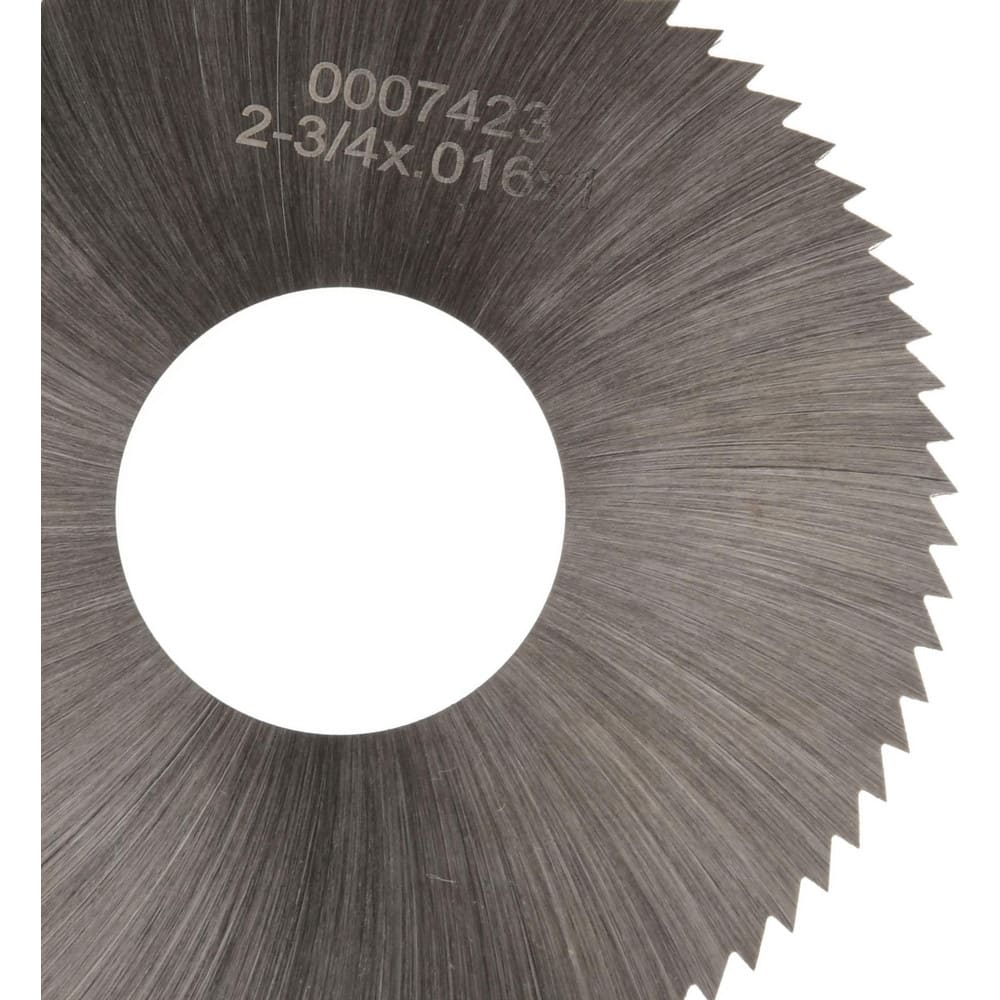Wholesale UN threading insert
UN threading inserts are precision-engineered components used to create or repair Unified National (UN) threads. These inserts are essential in various industries, offering standardized thread forms, durability, and ease of use. This guide covers everything you need to know, including types, materials, applications, and where to source them wholesale.
Understanding UN Threading Inserts
What are UN Threads?
Unified National (UN) threads are a standardized series of screw thread forms commonly used in North America and internationally. They are defined by ANSI/ASME B1.1 and come in various forms like UNC (coarse), UNF (fine), UNEF (extra fine), and UNS (special). The standardization ensures interchangeability and ease of manufacturing. UN threading inserts are designed to create these specific thread profiles.
Why Use Threading Inserts?
Threading inserts offer several advantages over traditional threading methods:
- Improved Thread Quality: Inserts provide consistent and accurate thread profiles.
- Increased Tool Life: By concentrating wear on the insert, the tool body lasts longer.
- Reduced Machining Time: Quick insert changes minimize downtime.
- Versatility: A single tool holder can accommodate various insert styles for different thread types.
- Cost-Effectiveness: Replacing inserts is cheaper than replacing entire threading tools.
Types of UN Threading Inserts
UN threading inserts come in various types, each designed for specific applications:
- External Threading Inserts: Used for creating threads on the outside of a workpiece.
- Internal Threading Inserts: Used for creating threads inside a hole.
- Full Profile Inserts: Create a complete thread form in a single pass.
- Partial Profile Inserts: Require multiple passes to create the full thread form.
- Indexable Threading Inserts: Can be rotated or indexed to expose a fresh cutting edge.
Materials for UN Threading Inserts
The choice of material for UN threading inserts depends on the workpiece material and desired performance. Common materials include:
- Carbide: Offers excellent wear resistance and is suitable for a wide range of materials, including steel, stainless steel, and cast iron.
- Coated Carbide: A carbide substrate coated with a layer of material like TiN (Titanium Nitride), TiCN (Titanium Carbonitride), or AlTiN (Aluminum Titanium Nitride) to improve wear resistance, reduce friction, and increase tool life.
- Cermet: A composite material of ceramic and metal, offering a good balance of wear resistance and toughness, suitable for finishing operations.
- High-Speed Steel (HSS): Less expensive than carbide but offers lower wear resistance. Suitable for softer materials like aluminum and brass.
Applications of UN Threading Inserts
UN threading inserts are used in a wide range of industries and applications:
- Automotive: Manufacturing engine components, fasteners, and other threaded parts.
- Aerospace: Creating threads for aircraft components, where precision and reliability are critical.
- Manufacturing: General machining operations involving threaded fasteners and components.
- Oil and Gas: Threading pipes, valves, and fittings for oil and gas extraction and processing.
- Medical: Manufacturing medical devices and instruments requiring precise threads.
Choosing the Right UN Threading Insert
Selecting the right UN threading insert involves considering several factors:
- Thread Size and Pitch: Match the insert to the specific thread size and pitch required (e.g., 1/4-20 UNC, 1/2-13 UNC).
- Workpiece Material: Choose an insert material suitable for the workpiece material (e.g., carbide for steel, HSS for aluminum).
- Threading Operation: Determine whether you need an external or internal threading insert, and whether a full profile or partial profile insert is required.
- Machine Type: Ensure the insert is compatible with your machine tool and tool holder.
- Coating: Consider a coated insert for improved wear resistance and tool life.
Sourcing Wholesale UN Threading Inserts
Purchasing wholesale UN threading inserts can significantly reduce costs, especially for high-volume users. Here are some sourcing options:
- Direct from Manufacturers: Contact manufacturers of threading inserts directly to inquire about wholesale pricing and bulk discounts.
- Industrial Distributors: Partner with industrial distributors that specialize in cutting tools and machining supplies. They often offer competitive pricing and a wide selection of brands.
- Online Marketplaces: Explore online marketplaces like Alibaba, IndustryNet, or specialized B2B platforms that connect buyers with suppliers.
When sourcing wholesale UN threading inserts, consider the following:
- Quality: Ensure the inserts meet industry standards and are made from high-quality materials.
- Reliability: Choose a supplier with a proven track record of delivering reliable products and services.
- Price: Compare prices from multiple suppliers to find the best deal.
- Lead Time: Check the supplier's lead time to ensure they can meet your production schedule.
- Support: Look for a supplier that offers technical support and assistance with insert selection and application.
Troubleshooting Common Threading Issues
Even with the right UN threading inserts, issues can arise. Here are some common problems and their solutions:
- Poor Thread Finish: Possible causes include dull inserts, incorrect cutting speeds, or improper lubrication. Solution: Replace the insert, adjust cutting parameters, and ensure adequate lubrication.
- Chipping or Breakage: Possible causes include excessive cutting forces, hard spots in the workpiece material, or incorrect insert geometry. Solution: Reduce cutting forces, select a more robust insert, and ensure proper alignment.
- Vibration: Possible causes include loose machine components, excessive tool overhang, or resonant frequencies. Solution: Tighten machine components, minimize tool overhang, and adjust cutting speeds to avoid resonance.
Maintenance and Storage of UN Threading Inserts
Proper maintenance and storage can extend the life of UN threading inserts:
- Cleanliness: Keep inserts clean and free from debris.
- Storage: Store inserts in a dry, protected environment to prevent corrosion and damage.
- Inspection: Regularly inspect inserts for wear and damage, and replace them as needed.
Examples and Case Studies
Case Study: Automotive Component Threading
A leading automotive manufacturer used Wayleading Tools UN threading inserts (you can explore their offerings at www.wayleading.com) to improve the efficiency of threading critical engine components. By switching to coated carbide inserts, they reduced machining time by 20% and increased tool life by 30%. This resulted in significant cost savings and improved overall productivity.
Example: Selecting the Right Insert for Stainless Steel
When threading stainless steel, it's crucial to choose an insert with a sharp cutting edge and a coating specifically designed for stainless steel. Inserts with an AlTiN coating are often recommended due to their high heat resistance and ability to reduce built-up edge. Ensure proper lubrication is used to prevent galling and improve thread quality.
The Future of UN Threading Inserts
The field of UN threading inserts is constantly evolving. Here are some trends to watch:
- Advanced Coatings: Development of new coatings with improved wear resistance, heat resistance, and lubricity.
- Smart Inserts: Integration of sensors and wireless technology to monitor insert wear and performance in real-time.
- 3D-Printed Inserts: Exploring the use of 3D printing to create custom inserts with complex geometries.
Conclusion
UN threading inserts are essential tools for creating accurate and reliable threads. By understanding the different types of inserts, materials, and applications, you can optimize your threading operations and improve overall manufacturing efficiency. When sourcing wholesale UN threading inserts, prioritize quality, reliability, and price to ensure you get the best value for your investment.
References
- ANSI/ASME B1.1 - Unified Inch Screw Threads, (UN, UNR, and UNJ Thread Forms)
Related products
Related products
Best selling products
Best selling products-
 Precision Dial Caliper Of Double Shock-Proof For Industrial
Precision Dial Caliper Of Double Shock-Proof For Industrial -
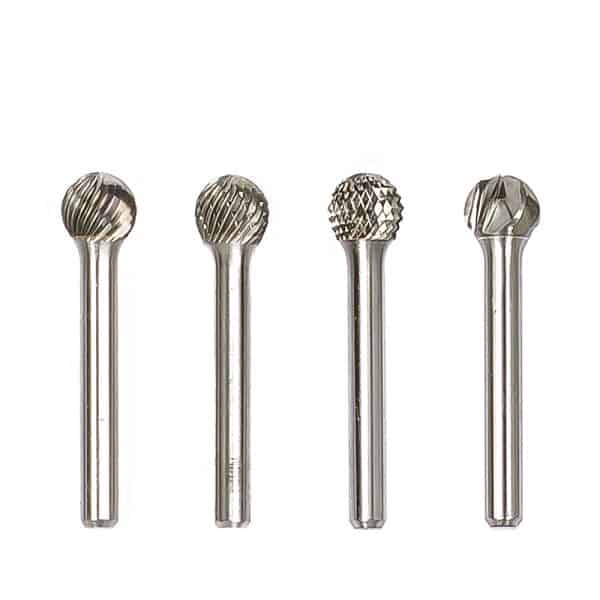 Type D Ball Tungsten Carbide Rotary Burr
Type D Ball Tungsten Carbide Rotary Burr -
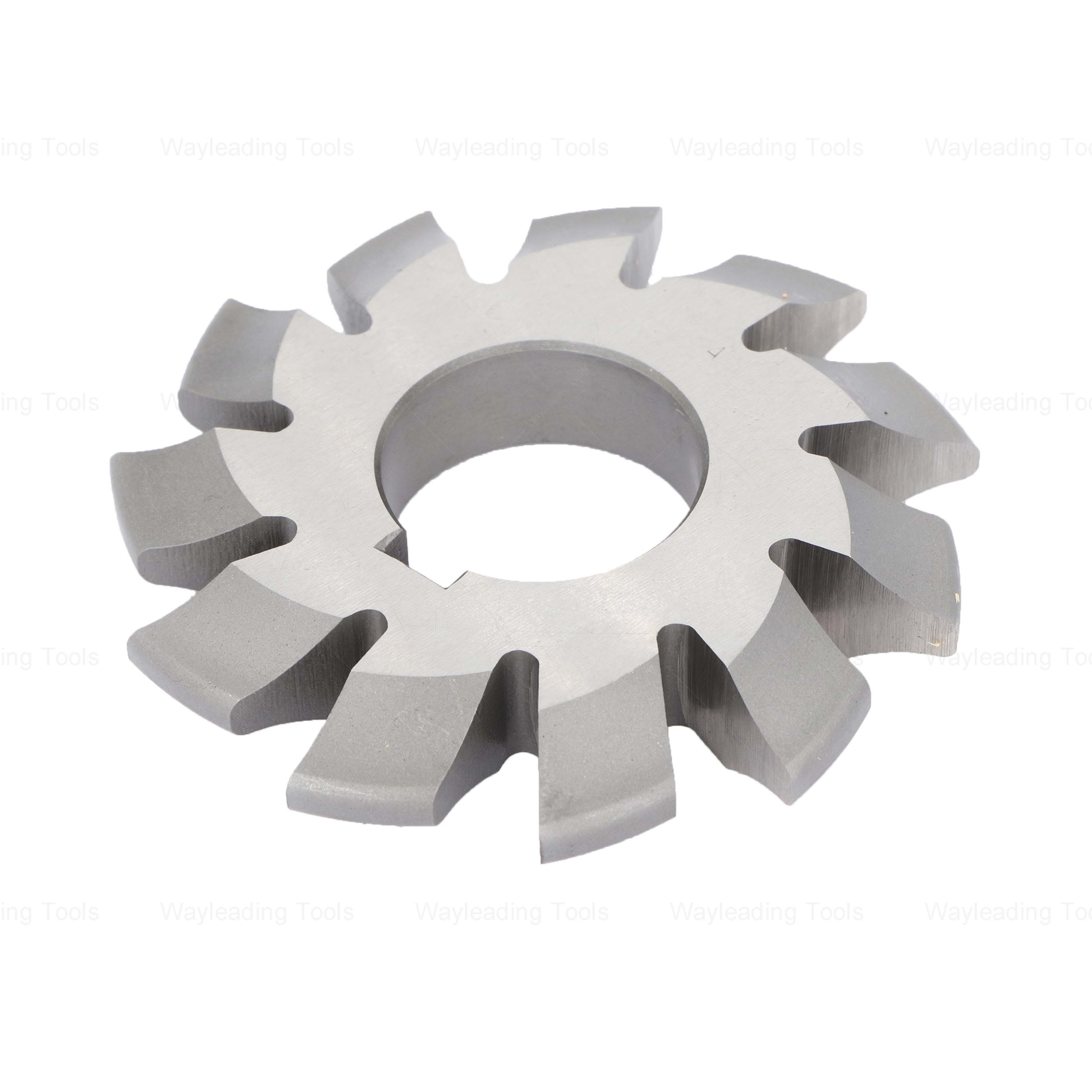 HSS Involute Gear Cutters – Module Type, PA 20° / 14.5°
HSS Involute Gear Cutters – Module Type, PA 20° / 14.5° -
 Precision Vernier Caliper With Nib Style & Standard Style Jaws Of Metric & Imperial For Industrial
Precision Vernier Caliper With Nib Style & Standard Style Jaws Of Metric & Imperial For Industrial -
 Indexable Square Shoulder End Mill For Industrial
Indexable Square Shoulder End Mill For Industrial -
 DIN4971-ISO1 Carbide Tipped Tool Bit With Right And Left Hand
DIN4971-ISO1 Carbide Tipped Tool Bit With Right And Left Hand -
 HSS ISO Metric Round Die Wieh Splite Or Adjustable Splite Type
HSS ISO Metric Round Die Wieh Splite Or Adjustable Splite Type -
 Type A Cylinder Tungsten Carbide Rotary Burr
Type A Cylinder Tungsten Carbide Rotary Burr -
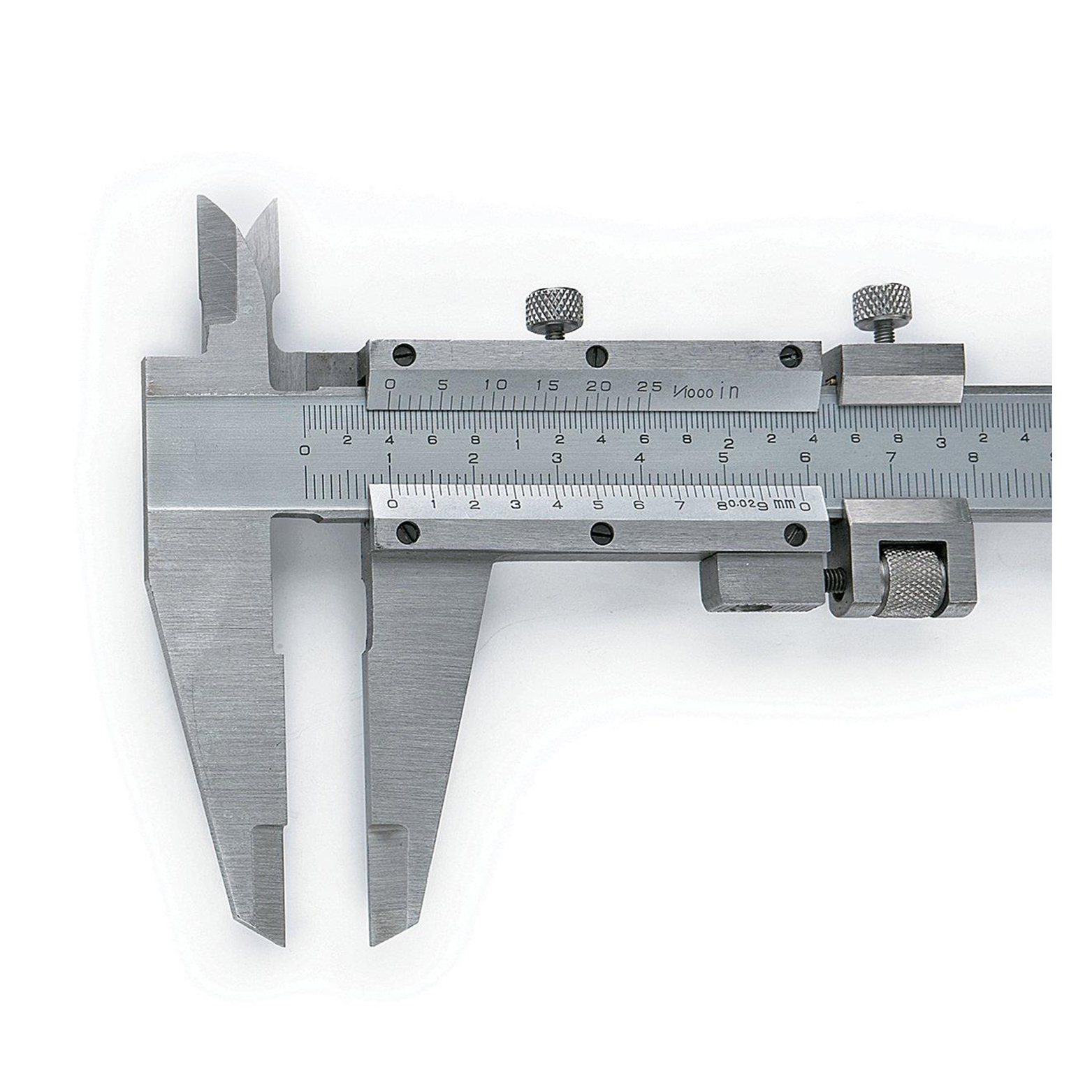 Precision Fine-Adjustment Vernier Caliper Of Metric & Imperial For Industrial
Precision Fine-Adjustment Vernier Caliper Of Metric & Imperial For Industrial -
 Depth Vernier Gauge With Stainless Steel And Monoblock Depth Type
Depth Vernier Gauge With Stainless Steel And Monoblock Depth Type -
 25PCS DIN338 HSS Twist Drill Bit Set From 1-13mm
25PCS DIN338 HSS Twist Drill Bit Set From 1-13mm -
 Precision Digital Caliper Of With Metric & Inch Size For Industrial
Precision Digital Caliper Of With Metric & Inch Size For Industrial

